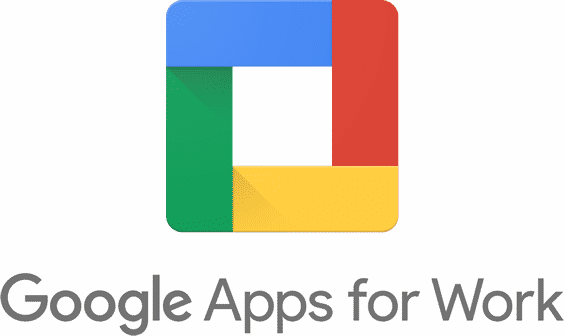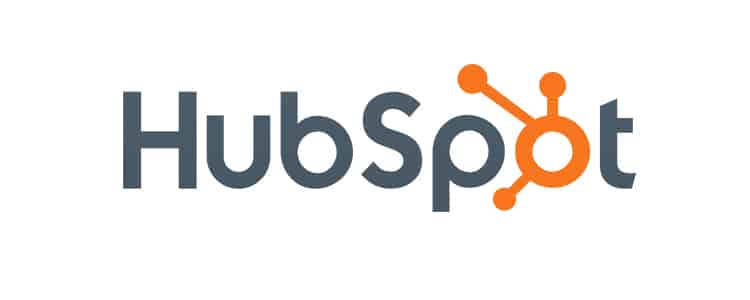When it comes to running a business, it’s pretty easy to become swamped and overwhelmed, especially once you’ve built your customer base. Although on the surface (ahem, LinkedIn), your clients and prospects may think you’re flying and have everything under control, in reality, under the surface, you’re flailing around wildly trying to keep up with the constant flow of tasks.
I know this because I’ve been there and done it myself.
I’m by no means the finished article and that’s one of the things that I love about running my business, that I’m always learning. Nevertheless, I’ve put this article together in the hopes that it helps even a single person to break some of their work down into more manageable chunks!
As a business owner, the path seems like it should be straight forward — generate sales and build systems to handle the work and, ultimately, keep your customers happy. In reality, the path can meander wildly, with different people pulling you in a million directions. From doing the books, to sending out that email campaign.
Here are some of the pieces of software that I couldn’t live without and that have to some extent helped me stop that path from zig-zagging all over the place.
QuickBooks

The lynchpin of my business, I’ve had QuickBooks for almost the entire time I’ve had my company. I’ve tried Sage et al and unfortunately, didn’t find them suitable for my needs.
One of the things I like best about QuickBooks is the fact that it allows me to set up recurring invoices that can be sent out to customers automatically — perfect for our monthly marketing clients.
QuickBooks also saves some awkward conversations with its built-in credit control facilities that will send customers reminders if their invoices become overdue — usually that prompt is all that is needed to make sure they’re paid.
ActiveCollab

A lot of our work is project based and each project has a lot of moving parts, we couldn’t survive without a good project management tool.
We start every project with an ‘initiate’ meeting with our clients, allowing them to tell us what they’re looking for and for us to have creative input. The beauty of this meeting is that we can introduce our client to ActiveCollab, our project management tool of choice.
We can keep discussion notes about the meeting and then plan out what actually needs to be done with the team, assigning tasks and setting deadlines.
Our team love the Kanban board methodology for project management and this is a key feature of the software that we love.
Evernote

I don’t care who you are, or how great you are, if you’re trying to remember every small task that you need to do, you’re fighting a losing battle.
Evernote offers a fantastic option for keeping ‘notes’ and tagging them to keep them where you like them.
I’ve been through many phases with Evernote. At first, I used to have a complicated system which included designating tasks to days and then prioritising, but after a while I felt I was just taking too much time planning, without actually implementing things fast.
My system for Evernote now is simple. When an email comes through with a client request, I forward it to evernote with the tag ‘Melting Pot’. This contains absolutely everything I need to do and works much more efficiently than my brain.
Then I have a separate tag for ‘Today’ and at the beginning of each day, I’ll go through the melting pot and decide what absolutely MUST be completed today. Give it a try, you’ll be surprised how much more productive it makes you.
Google Apps

I hate to be the cliche digital marketing agency, but we rely heavily on Google Apps (I’ll grab my moustache comb on the way out!).
The reason I love using Google Apps for our little company is that it centralises things such as client documents and spreadsheets, meaning that if someone edits them, everyone has that updated version.
No more emailing spreadsheets around and keeping different versions.
It sounds like a minor thing, but I’ve always felt that if you can save 30 seconds on tasks that are carried out daily, you’re going to make some pretty decent gains across the organisation as a whole.
Hubspot

One of the disappointing lessons for me in my first year in business was that trying to keep track of every single person you’ve spoken to on the phone or quoted is near enough impossible without a good CRM. I remember one lead in particular that was in the very early stages of the sales process when I spoke to them and I remember we got on really well on the phone.
Stupid me, I managed to forget all about them 6 months later (when they said they were looking to have a complete overhaul of branding, car graphics, website and marketing) and I lost out. I cost my company money.
From that moment, I decided that I’d implement a CRM system to manage my pipeline for me. Hubspot is a great option because it has timesavers such as email templates which can be easily sent out — for example, think about a prospect that you weren’t 100% sure was a serious buyer, but they asked you to drop them a line 3 months on — let the templates do the heavy lifting. We do a lot of business just from our simple ‘How are you getting on?’ email.
I’ll try and add to this post over time and would love to hear some of your suggestions, hopefully it helps you!

